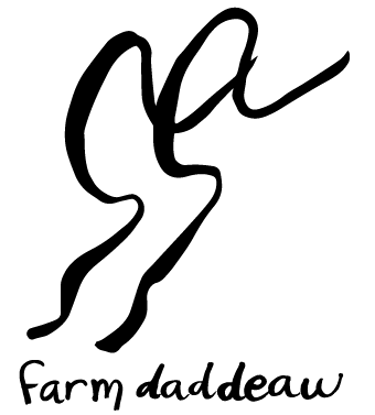In an era of increasing health and environmental consciousness, terms like “Free-Range,” “Pasture-Raised,” and “Organic” frequently appear on food packaging, especially for meat and eggs. But what do these terms truly mean? Do chickens labeled as “free” genuinely roam outdoors or forage naturally? This article will clarify these concepts, compare major animal farming systems, and conclude with the approach of farms that prioritize the true well-being of chickens.
Understanding Different Animal Farming Systems Before You Choose
1. CAFO – Industrial Factory Farming
CAFO (Concentrated Animal Feeding Operation) is the most prevalent form of animal agriculture today. Animals like chickens, pigs, and cattle are raised in massive, confined barns with extremely limited space. These animals have no contact with nature—no sunlight, no grass to walk on. Sometimes, chickens can’t even spread their wings because a single barn might house up to 100,000 birds. This system prioritizes “efficiency and low cost,” relying heavily on antibiotics to prevent disease. The environmental impact is significant, resulting in significant animal waste, energy consumption, and overcrowding.
Chickens in CAFO systems often live short lives, just a few weeks, before being sent to slaughter, never having experienced sunlight or solid ground.
2. Free-Range – Allowed to Roam… But How Far?
The term “Free-Range” literally translates to “allowed to roam freely,” which sounds appealing. However, in reality, the scope of this term is broad and vague. Free-Range chickens may have “access to the outdoors” from their barn, but there are no regulations regarding the duration, size, or the quality of the outdoor space. Some farms might allow chickens out for only a few minutes, or their outdoor area might be a concrete slab rather than actual pasture.
While better than 100% confinement, Free-Range does not equate to natural rearing.
3. Pasture-Raised – Open Pastures, Freedom, and Nature
Pasture-Raised means chickens live almost entirely on open grass areas. Chickens can walk, peck, forage for earthworms, grasses, and fully express their natural behaviors. Generally, this system is considered to provide the highest level of “animal welfare.” However, there is no central government agency that clearly defines this term, so standards can vary significantly between farms.
4. Organic – What Does Organic Mean?
The term “Organic” focuses more on the “food production process” rather than the animal’s lifestyle. Organic chickens must be fed organic feed free from chemicals, antibiotics, or growth hormones, and they must have access to the outdoors. However, it doesn’t specify the quality of this “outdoor” space, which sometimes can mean a small, concrete-paved yard.
In summary, Organic = chemical-free, but it doesn’t necessarily mean “free to roam.”
Nutritional Comparison of Chicken from Different Rearing Systems

Farm Daddeaw’s “Nomad” Chicken Rearing
At Farm Daddeaw, we believe chickens should live as “chickens,” not just protein within an industrial system. Farm Daddeaw is unique in Thailand for raising chickens with a Pasture-Raised system with daily rotation. We prioritize both the outdoor space where chickens live and can express their full range of natural behaviors.
After spending their first 3 weeks in our brooder, our chickens move out onto our pastures with ample space to run, peck at grass, snails, and earthworms as they please. The chicken coops are moved to a fresh pasture every morning—this is the most crucial aspect of Farm Daddeaw’s Nomad system.
The Core of Daily Moves:
- Chickens get fresh grass to eat every morning.
- They encounter plenty of insects, including worms, earthworms, and snails.
- Their sleeping area is clean because they leave their droppings behind and rest on fresh grass.
- This system helps restore natural balance to nature and the soil, completely eliminating the need for chemical fertilizers.
Why is This System Superior?
- ✅ Naturally healthy chickens.
- ✅ No need for antibiotics or growth hormones.
- ✅ Reduced environmental impact.
- ✅ Produces higher quality meat and eggs with superior flavor.
- ✅ Creates a regenerative food system.
What is True Freedom for Chickens?
While “Free-Range” or “Organic” might look good on a label, a deeper consideration reveals that true freedom for chickens means living in open, natural spaces with fresh air, sunlight, fresh grass, and the opportunity to fully express their natural behaviors. These are the core principles of a truly Pasture-Raised system.
If you’re looking for eggs or chicken meat from a farm that genuinely cares about animal welfare and the environment, explore our list of organic farms where you can purchase Pasture-Raised chicken products.

